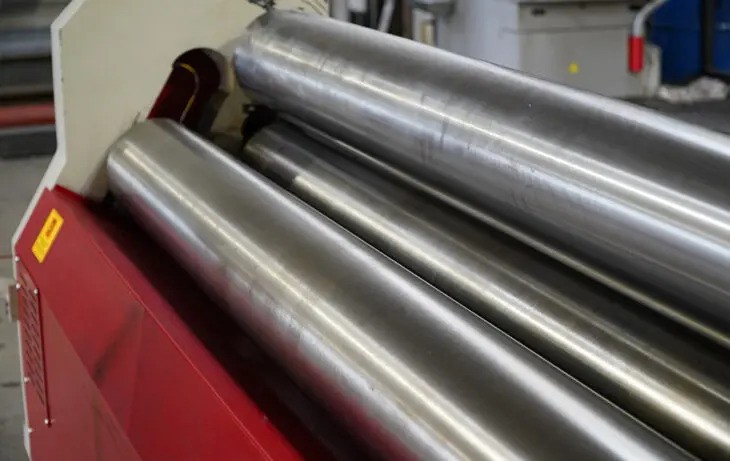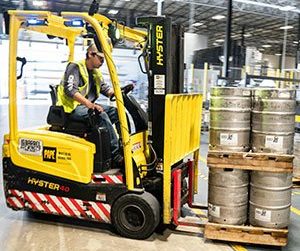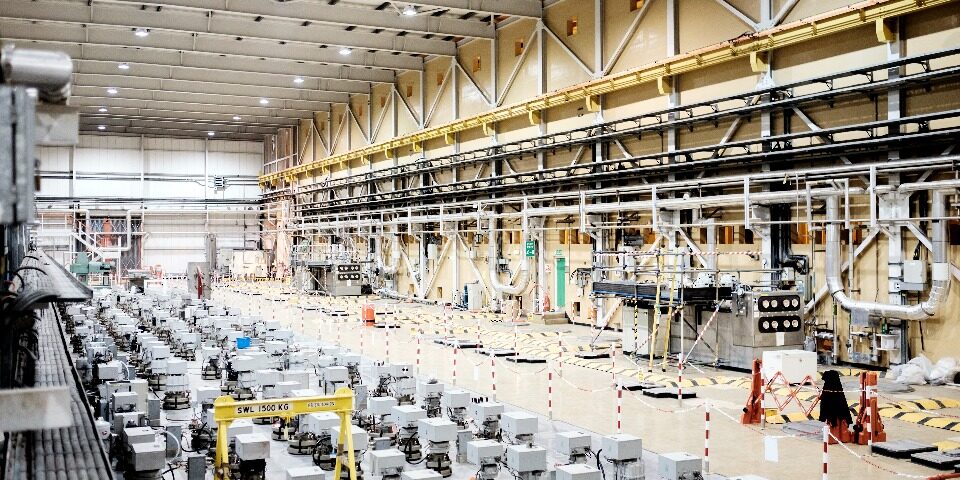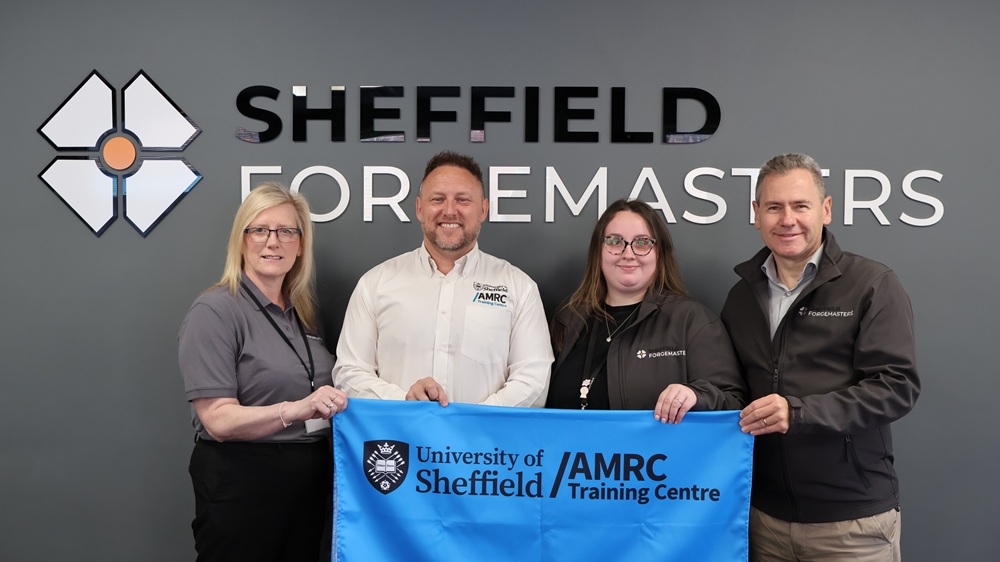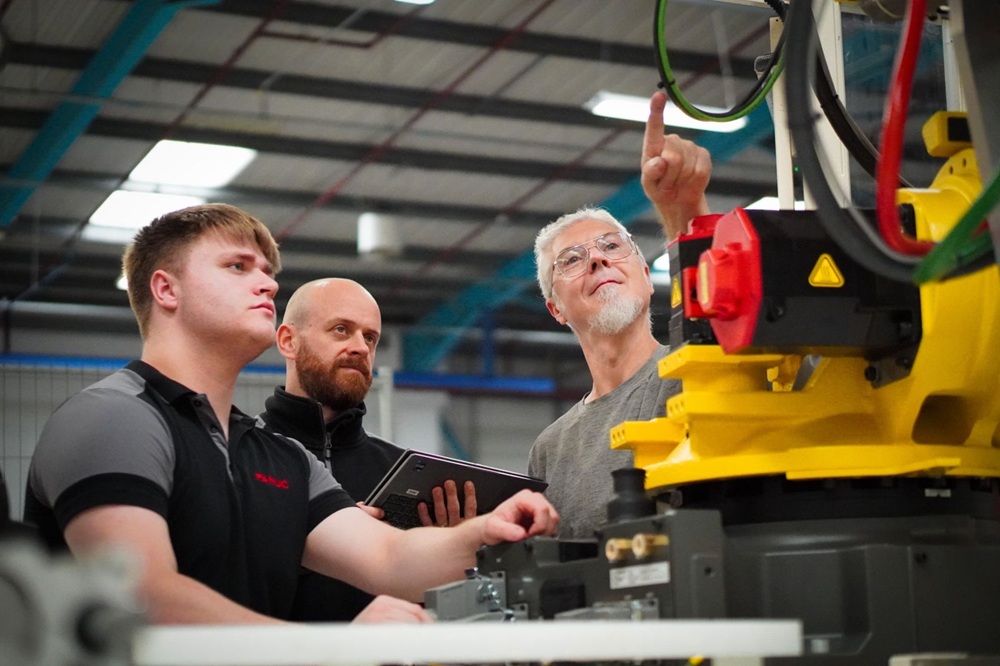Mogul Mechanical Engineering is a fabrication business based in Cwmbran, from where it fabricates guarding, platforms and ladders for steel erection applications, as well as more complicated fabrications. The company relies on a wide range of machinery supplied by Selmach, including an RVD ER fibre laser cutter, Morgan Rushworth ASBR 2050/190 sheet rolls, PBR 1250/90 sheet rolls, PSR 50/155 section roller, HFP 775/30 H-frame press, BP 2540/25 box and pan folder, and various grinders, drills and punches.
“The main reason we considered machinery investment was that a lot of our work was previously outsourced,” explains Mogul director Ben Harris. “We got by, but we wanted to grow, so we needed machines at hand to make stuff as and when required, without relying on supplier lead times. With Selmach, we found every machine we needed to satisfy 99% of what we do.”
The first machine to arrive on site was the small PSR 50/155 section roller, although a large section roller, the HSR-3/100 is currently on order.
“All the machinery from Selmach has worked out really well – we’ve had no issues at all,” says Harris. “From an advice point of view, we’ve had lots of opportunities to visit the showroom at Selmach and discuss the type of work we do. So we’re always advised the right machine. Selmach typically provides a range of options at varying costs, and then we can look at our budget. We’ve got a good relationship with the sales guys and were able to negotiate a fair deal on a lot of the equipment. The aftercare and service has also been great.”
More information www.selmach.com






